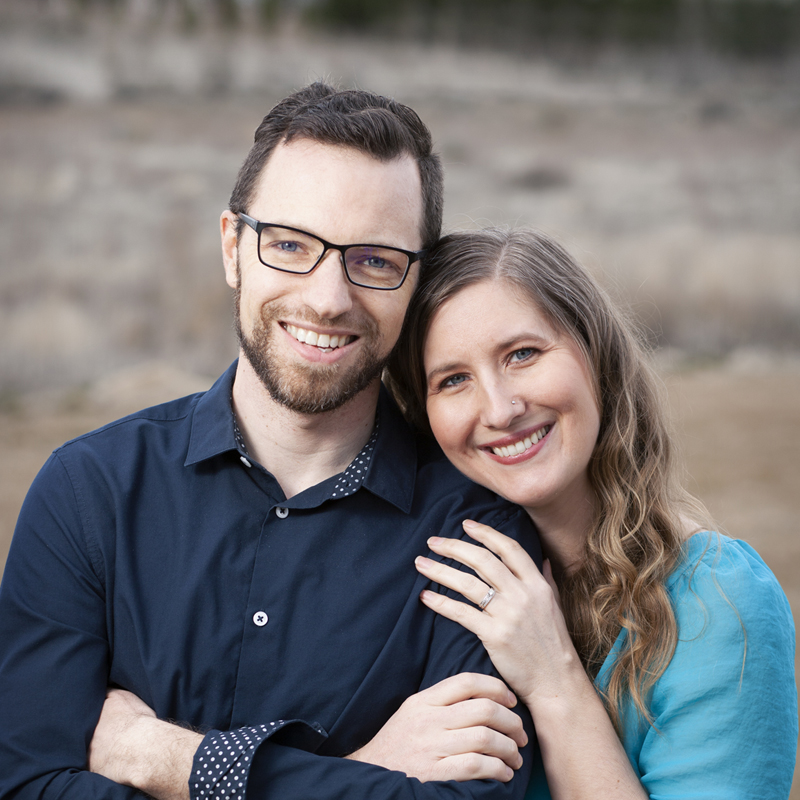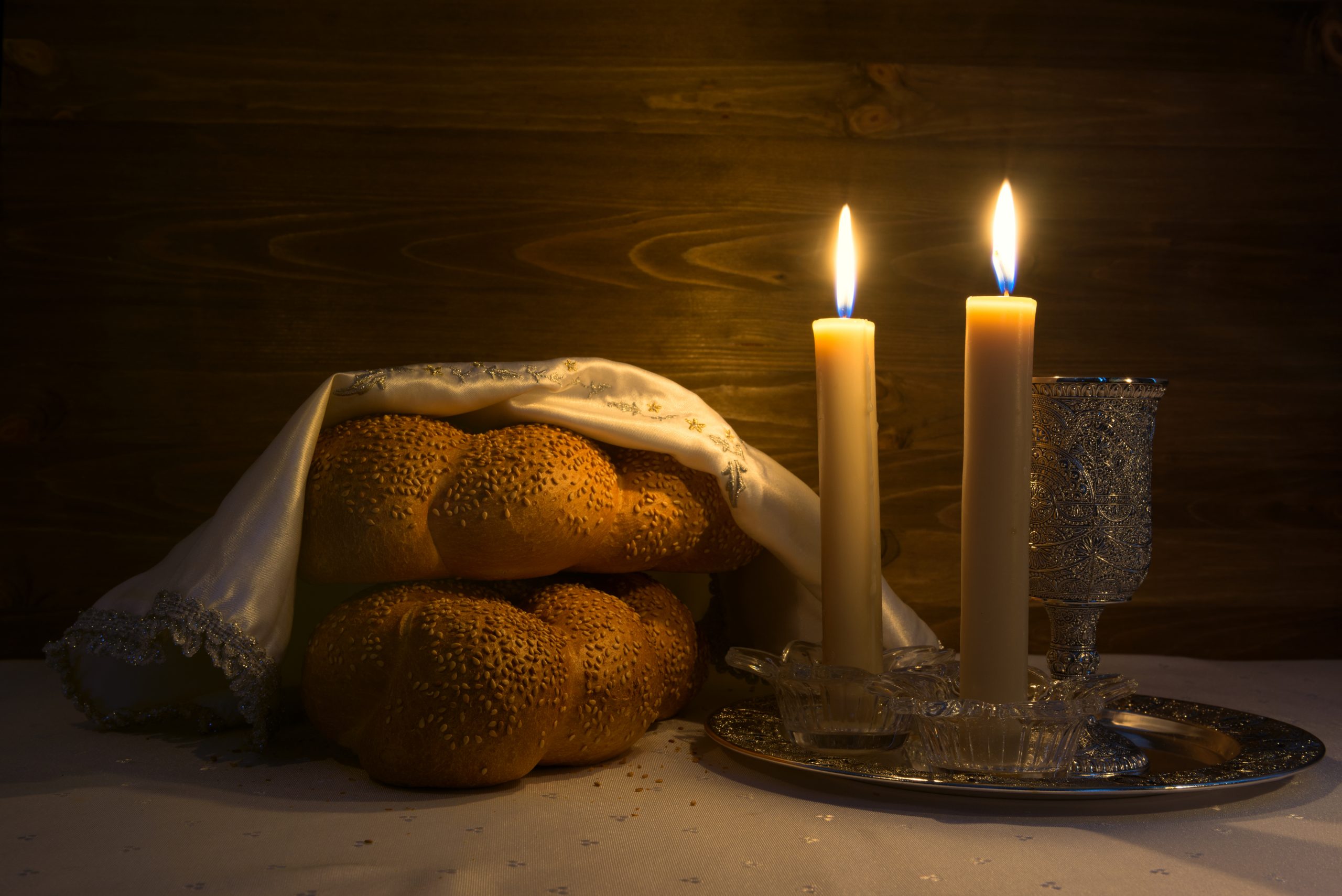Who is a Jew? Judaism is both a faith and a family. It’s a family of people who share a history as the descendants of Abraham, and a future as the people through whom God will bring the Messiah to the world.
It’s also a faith – the faith of Abraham, Isaac, and Jacob. A faith that has stood the test of time for thousands of years and through which the world would know who the true God of the universe is.
Introduction
Messianic Judaism considers itself a legitimate form of Judaism because it maintains a Jewish identity, honors Jewish traditions, and follows the Hebrew Scriptures. Though distinct from Rabbinic Judaism because of our belief in Yeshua (Jesus) as the promised Messiah of Israel, Messianic Judaism remains deeply rooted in Jewish beliefs, practices, and covenantal history.
Modern Messianic Judaism began as a group of Jewish men and women who, through study of Scripture and personal revelation, came to believe that Yeshua must be the promised Messiah of Israel. But in their conviction, they also felt that they must continue walking out their Jewish faith through that same lens. They believed that this conviction in the Jewish Messiah did not change their identity. They continued to study the Torah, keep Shabbat, circumcise their sons, and keep kosher.
If you walk into a modern Messianic synagogue, you will likely find many of the same things as in a reform or conservative synagogue. You’ll see a Torah scroll, an ark, a bima, men wearing talliyot and kippot, and hear many of the same liturgical blessings. Most follow the same Torah reading schedule as greater Judaism. The great difference? Our belief in Yeshua as the Messiah of Israel.
According to Chabad, there’s no way out of being Jewish: “And here’s perhaps the greatest mystery of Jewishness: Once in, there’s no way out. You can join the team, you can fumble the ball, but you can’t quit. No one can throw you out—not even G‑d.”11
While we recognize that Messianic Jews are not considered Jewish by the majority of Jewish ruling bodies due to their belief in Yeshua as the Jewish Messiah, we believe that an honest, unbiased assessment of Messianic Judaism would agree that Jewish people, practicing Jewish rites, should still be considered Jewish in every sense of the word.
Upholding Jewish Identity
Messianic Jews are Jewish, descended from Jewish ancestry, and maintain their connection to the Jewish people. Gentiles practicing Messianic Judaism have chosen to walk alongside their Jewish brothers and sisters as we saw through Caleb, Rahab, Ruth, and others in the Tanakh. Unlike Christianity, which historically viewed itself as separate from Judaism, Messianic Judaism sees itself as the continuation of God’s covenant with Israel.
While Messianic Jews do not accept the Talmud as the divine word of God, we do believe that the Torah is God’s holy word and still relevant today. We follow kashrut, Shabbat, and the rest of the Torah to the best of our ability (with varying halachah between communities, just as in Rabbinic Judaism). In Messianic synagogues, we pray Hebrew prayers and celebrate Jewish life-cycle events. Our sons receive their brit milah on the eighth day and our children go through their bar/bat mitzvah.
We also stay engaged with the concerns of the greater Jewish community and the state of Israel. We grieve when Israel is attacked and pray for her protection. We stand against antisemitism.
Shared Core Beliefs
As a people rooted in the Torah of Moses, we share the same core beliefs as mainstream Judaism. Unlike Jews of other beliefs (atheism, Buddhism, etc.), we stand firm in our faith as children of Abraham.
Monotheism: Messianic Jews believe in the God of Abraham, Isaac, and Jacob—the same God worshiped in traditional Judaism. We believe in one God, present throughout history in various forms.
The Messiah: Belief in a coming Messiah is inherently Jewish. Messianic Jews believe that Yeshua fulfills Messianic prophecies but also anticipate His return to establish the Kingdom of God.
Covenantal Identity: Messianic Jews affirm God’s eternal covenant with Israel (Genesis 17:7) and reject replacement theology, which claims that the Christian Church replaced Israel. We view the world through the lens of God’s covenant plan with the Jewish people.
1st Century Yeshua Faith
A critical historical fact that often gets missed is that the first believers in Yeshua were Jewish and continued practicing Judaism (Acts 2:46, Acts 21:20, 24:14) for decades. Yeshua taught that the good news of His coming should be shared with the Jewish people first (Acts 1:8).
Often referred to as the apostle Paul, Rabbi Shaul was the main teacher of Gentiles. And even while sharing the good news of the Messiah with Gentiles, Rabbi Shaul always went to the local synagogues and the Jewish people first. Yeshua faith has been centered on the Jewish people since its beginnings.
Even when Gentiles began joining the Yeshua-sect of 1st century Judaism, they did so with an understanding of coming alongside the Jewish people (Acts 15:21). God’s design was for the Jewish people to be the root on which the Abrahamic faith centered on Yeshua’s messiahship would flourish (Romans 11).
Messianic Judaism seeks to restore the faith of these early Yeshua-believers, who followed him while maintaining their Jewish way of life.
Nuanced from Christianity
While sharing belief in Yeshua, Messianic Judaism does not embrace many church traditions that depart from Jewish practice (e.g., Sunday worship, Christmas/Easter, etc.). Messianic Jews emphasize Yeshua’s Jewish identity rather than presenting Him as separate from His Jewish heritage.
The Messianic Jewish community resists historical Christian antisemitism and anti-Judaism, and affirms that Jewish believers in Yeshua remain part of Israel. We do not teach in “conversion” of Jews away from Judaism and the law of Moses.
While mainstream Christianity focuses their teaching on the New Testament – the writings of Yeshua’s followers in the 1st century CE, Messianic Judaism attempts to keep a healthy balance of teaching from all of Scripture. This approach helps keep us grounded in a more full understanding of God’s word which was written by Jewish people to a primarily Jewish audience.
The Role of the Jewish People
While modern Judaism is primarily focused on maintaining identity and fidelity to the Torah and the teachings of the rabbis, Messianic Judaism seeks to fulfill its mandate given by HaShem to be a light to the nations.
In Exodus 19, the Lord told Moshe: “Although the whole earth is mine, you will be for me a kingdom of priests and a holy nation.” This was reiterated by the apostle Peter: “But you are a chosen race, a royal priesthood, a holy nation, a people for his own possession, that you may proclaim the excellencies of him who called you out of darkness into his marvelous light.”
In Messianic Judaism, we see the God-ordained role of the Jewish people to be the light of God to the nations of this world. Not insular, but reaching out with the hope of eternity with HaShem.
Gentile Inclusion?
One concern is the inclusion of Gentiles in Messianic Jewish communities. As mentioned before, Scripture lays a precedent of Gentiles who have chosen to walk alongside the Jewish people. Caleb, Rahab, Ruth, and others have been instrumental in the formation of our faith.
In Messianic Judaism, we encourage Gentiles who feel called by God to walk alongside the Jewish people to fully participate in our lifestyle, just as we see in Scripture.
In Conclusion…
Unlike Christianity, which historically viewed itself as separate from Judaism, we see Messianic Judaism as a legitimate form of Judaism because it maintains Jewish identity, follows Jewish customs, and adheres to core Jewish beliefs. While distinct from rabbinic Judaism, it aligns with the Tanakh and seeks to restore the Jewishness of faith in the Messiah Yeshua.
- https://www.chabad.org/library/article_cdo/aid/1269075/jewish/Is-a-Jew-Who-Converts-Still-Jewish.htm ↩︎

Written by Messianic Pastors, Mark & Judy Rich
Mark & Judy lead The Bridge Messianic Fellowship in Boise, Idaho. You can find more information at www.thebridgeidaho.com.

